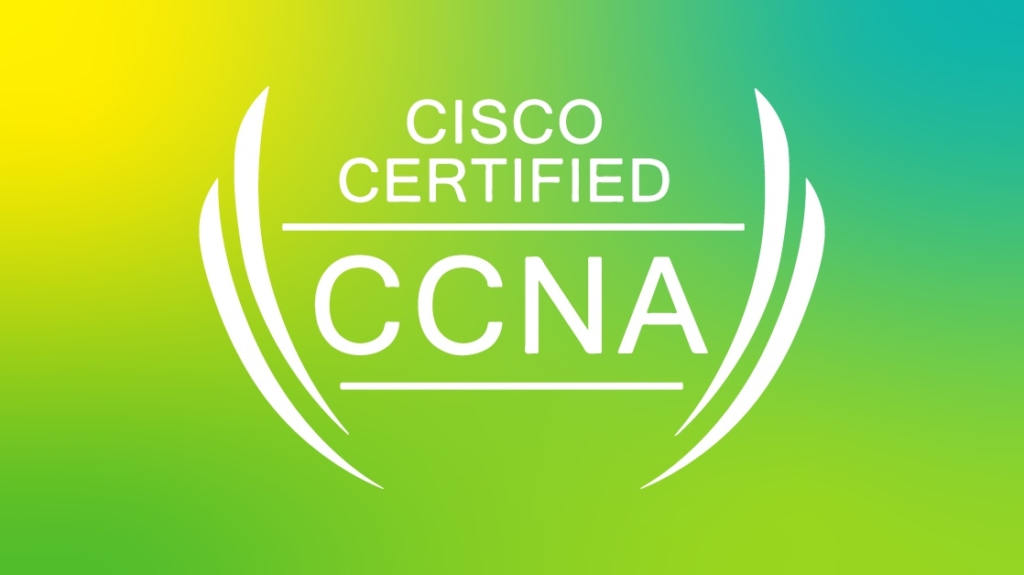Introduction:
In the realm of information technology, Cisco Certified Network Associate (CCNA) certification stands as a cornerstone for networking professionals. Recognized globally, it validates the skills required to operate, troubleshoot, and secure enterprise-level networks. However, like any valuable qualification, achieving CCNA certification requires an investment of time, effort, and money. In this guide, we delve into the intricacies of CCNA certification cost, exploring the various factors that contribute to it and offering insights into optimizing your investment.
Understanding CCNA Certification:
Before delving into the costs associated with CCNA certification, it’s crucial to understand what the certification entails. CCNA certification demonstrates proficiency in networking fundamentals, routing and switching technologies, and basic security and wireless concepts. It serves as a fundamental stepping stone for individuals aspiring to pursue careers in network administration, network engineering, or cybersecurity.
Cost Components of CCNA Certification:
The cost of obtaining CCNA certification comprises several components, including exam fees, study materials, training courses, and potential retake fees. Let’s break down each of these elements:
Exam Fees:
The primary expense associated with CCNA certification is the examination fee. As of [current year], the cost of the CCNA exam is typically around [insert cost]. However, it’s essential to verify the current fees on Cisco’s official website, as they may be subject to change.
Study Materials:
Preparing for the CCNA exam requires comprehensive study materials, such as textbooks, online courses, practice exams, and study guides. While some resources may be freely available, investing in high-quality study materials can significantly enhance your preparation and increase your chances of passing the exam. Depending on your preferred learning method and the resources you choose, the cost of study materials can vary.
Training Courses:
Many aspiring CCNA candidates opt to enroll in training courses offered by Cisco Learning Partners or other accredited institutions. These courses provide structured learning environments, hands-on experience, and access to expert instructors, enhancing the effectiveness of your preparation. However, formal training courses typically come with a price tag, ranging from a few hundred to several thousand dollars, depending on the duration and format of the course.
Retake Fees:
In the unfortunate event that you fail the CCNA exam on your first attempt, you may need to pay a retake fee to attempt the exam again. While this cost is optional, it’s essential to budget for it in case you encounter difficulties during the initial attempt.
Tips for Managing CCNA Certification Costs:
While pursuing CCNA certification entails certain expenses, there are several strategies you can employ to manage and optimize your investment:
Plan Your Study Approach:
Before diving into your CCNA preparation, take the time to develop a structured study plan. Identify your strengths and weaknesses, allocate sufficient time for each exam topic, and leverage a combination of study materials to maximize your understanding.
Explore Free Resources:
While investing in quality study materials is essential, don’t overlook the wealth of free resources available online. Platforms like Cisco’s Learning Network, YouTube tutorials, and online forums offer valuable insights, practice questions, and study guides at no cost.
Consider Discounted Exam Vouchers:
Cisco occasionally offers discounted exam vouchers through promotions, special offers, or bundled packages with training courses. Keep an eye out for these opportunities to save on your exam expenses.
Opt for Self-Study:
While formal training courses can be beneficial, self-study is a viable option for motivated individuals with strong self-discipline. By leveraging free and low-cost study materials, you can tailor your learning experience to suit your schedule and budget.
Practice Efficiently:
Maximize your exam preparation by focusing on hands-on practice and practical application of concepts. Utilize network simulation tools, such as Packet Tracer or GNS3, to reinforce your understanding of networking technologies and configurations.
Conclusion:
CCNA certification is a valuable asset for aspiring networking professionals, validating their skills and expertise in foundational networking concepts. While achieving CCNA certification requires a financial investment, careful planning, and strategic decision-making can help manage costs effectively. By understanding the various components of CCNA certification cost and implementing cost-saving strategies, you can embark on your certification journey with confidence and financial prudence.
In Summary:
CCNA certification is a fundamental qualification for networking professionals, validating skills in networking fundamentals, routing, switching, and security.
The cost of CCNA certification includes exam fees, study materials, training courses, and potential retake fees.
Strategies for managing CCNA certification costs include planning your study approach, exploring free resources, considering discounted exam vouchers, opting for self-study, and practicing efficiently.
With careful planning and strategic decision-making, aspiring CCNA candidates can optimize their investment and achieve certification success.
For More Articles Click

